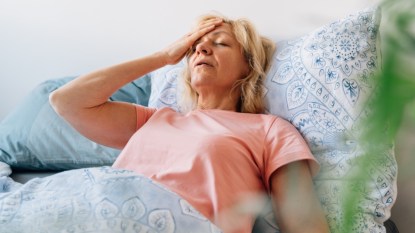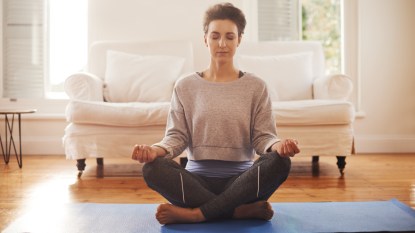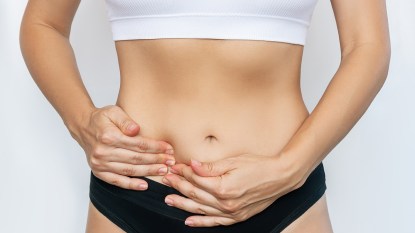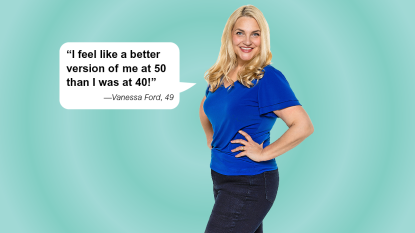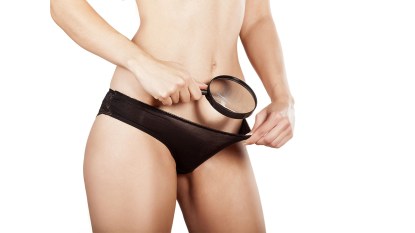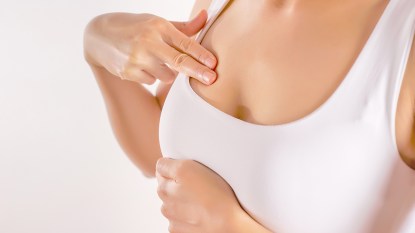8 Tips to Help Tame Menopause Symptoms Naturally
Kiss hot flashes and insomnia goodbye.

Hot flashes, annoying aches, forgetfulness — If you’re one of the 47 million women going through menopause (or perimenopause), there’s great news. Scientists have discovered ways to free yourself from common symptoms of the change — no hormone replacement therapy needed!
Take shatavari for hot flashes.
At least one in two of us battle hot flashes and night sweats during menopause, say Harvard University researchers. To the rescue: shatavari, an Ayurvedic herb loaded with gentle estrogen-like compounds. Indian studies suggest a daily 400-mg. to 500-mg. dose of shatavari can quell those annoying symptoms in as little as three weeks.
Try this one from Himalaya: $13.48, Amazon.
Eat more broccoli for forgetfulness.
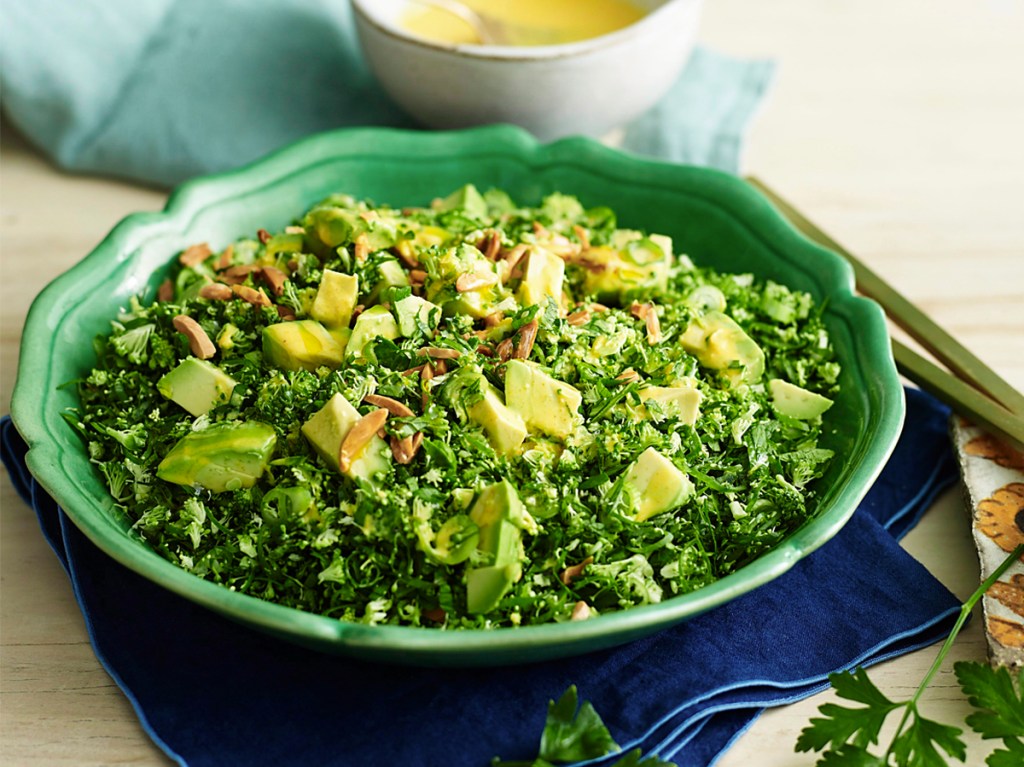
Almost 70 percent of us find ourselves forgetful during menopause. Fortunately, once your brain adjusts to lower estrogen levels, it functions normally again, but that can take time.
To speed things up, eat three cups of broccoli weekly. British research reveals that broccoli contains compounds (glucosinolates) that improve recall and stimulate the formation of new memories. Other glucosinolate-rich foods include broccoli’s close cousins: kale, cabbage and Brussels sprouts.
Make eggs for tiredness and younger skin.
Hot flashes get a lot of attention, yet surveys show the most vexing menopausal symptoms are actually tiredness and creeping weight gain. Turns out, progesterone and testosterone produced by your ovaries help
keep your metabolism high, so as their output dwindles, calories are less apt to get burned for energy. To rev your pep — and burn fat faster — eat two eggs daily. The protein, lutein, and zeaxanthin in eggs help activate enzymes that reverse the metabolic slowdown, and they can that strengthen skin cells, lock in moisture, and keep supportive collagen firm.
Try pumpkin seed oil for bladder leaks.
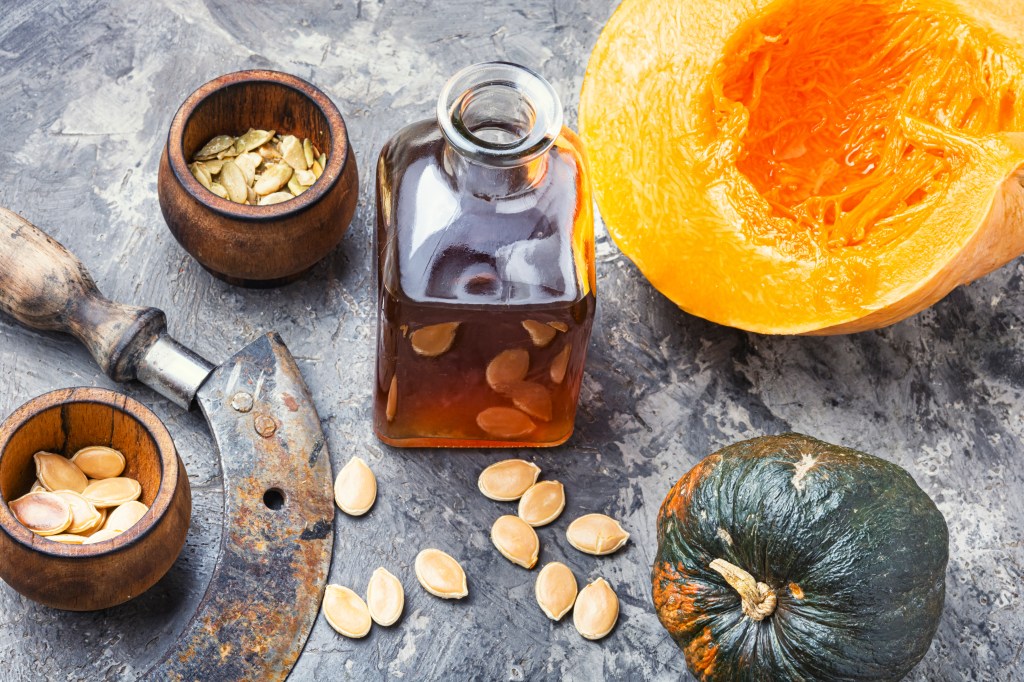
When estrogen production takes a nosedive, it weakens the pelvic muscles that hold your bladder in the proper position, paving the way
for urinary incontinence, reveals urologist S. Adam Ramin, M.D., of Cedars-Sinai Medical Center in Los Angeles. “And if that happens, you’re more likely to have accidents when you laugh or sneeze.”
Not to worry: Three studies show that supplementing with pumpkin seed oil strengthens those muscles, cutting your risk of leaks as much as 57 percent in three weeks. Find the oil in health-food stores
and follow package directions for dosage.
Go on a stroll and take melatonin for insomnia.
Tired of sleepless nights? “Insomnia is a common problem for women after age 50,” says Mary Jane Minkin, M.D. When estrogen and progesterone are low, your brain is more likely to stay active at night, she explains.
An easy Rx: Go for a 15-minute stroll each evening, then take 3 mg. of melatonin at bedtime. In a Swedish study, brief bouts of evening exercise cut the risk of menopausal sleep troubles 67 percent — and getting an extra dose of melatonin (a sleepy-time hormone your body produces naturally) helps you drift off 30 minutes sooner.
Take an herbal blend for symptoms.
Three studies reveal that the herbal blend EstroG-100 often brings relief from menopausal symptoms within seven days of the first dose. Credit goes to three herbs virtually unheard of here that have a proven track record in Chinese medicine — Korean Angelica, Phlomis umbrosa
and Cynanchum wilfordii.
Try this menopause supplement complete with EstroG-100 from Now Foods: $15.10, Amazon.
Eat root veggies for mood swings.

Eating one cup of potatoes, carrots, onions, or any other root vegetable each day could cut your risk of menopausal mood swings as much as 50 percent, British researchers report. All are loaded with potassium and other minerals that calm the anxiety center of the brain, leaving you far less likely to get rattled or feel blue despite the rapid drop in hormone levels that comes after age 50.
Avoid BPA to shorten your symptoms.
BPA is a chemical in many plastic storage containers. Avoiding it can trim two to four years off the length of time you have menopausal symptoms, research shows. “BPA mimics estrogen, so when there’s
too much of it in your body, it throws your own hormones out of balance,” says Paula Baillie-Hamilton, M.D., author of Toxic Overload ($29.32, Amazon). Simply storing food in glass or stainless-steel containers could cut your BPA levels nearly 50 percent in one week.
This article originally appeared in our print magazine.


